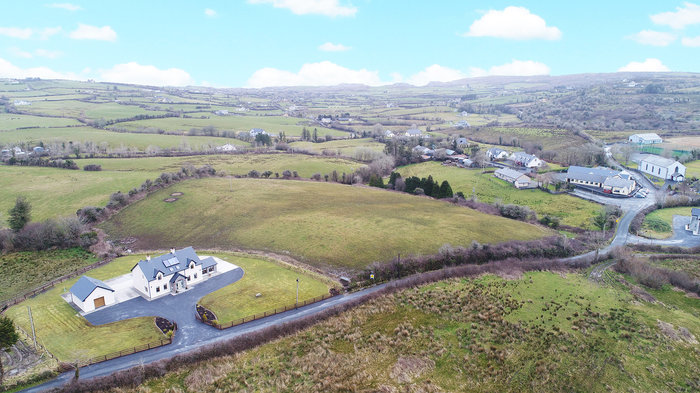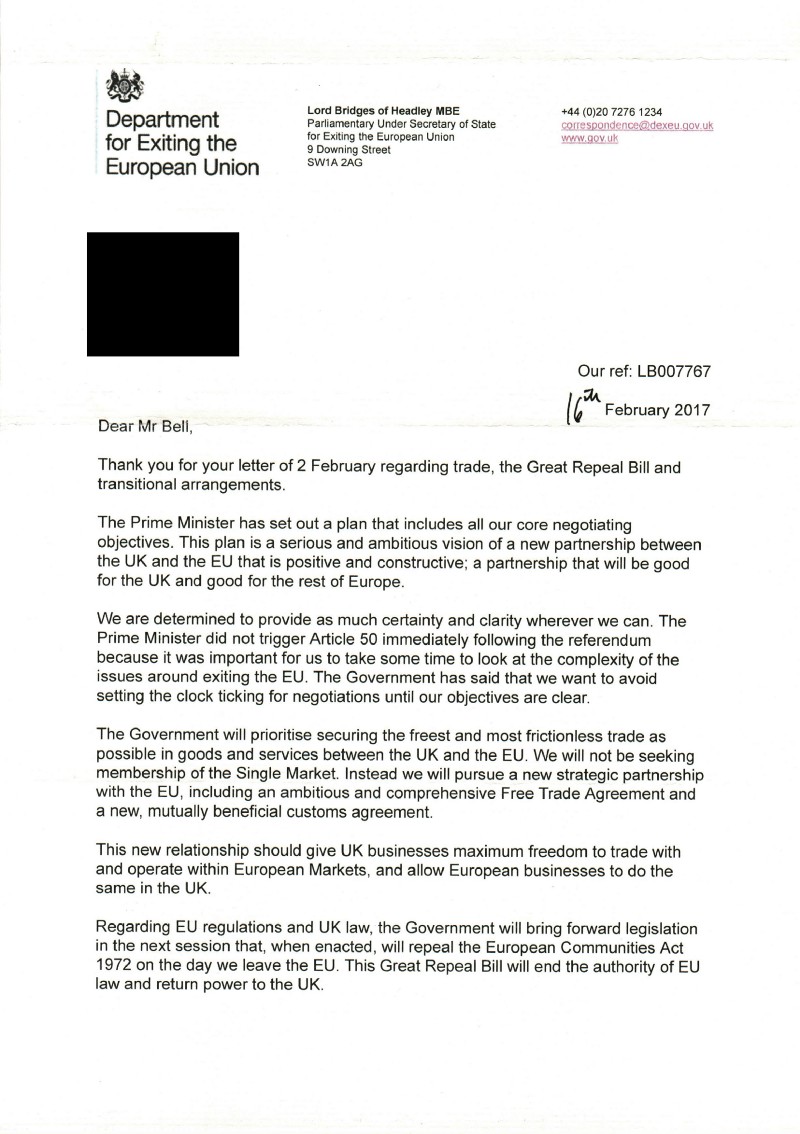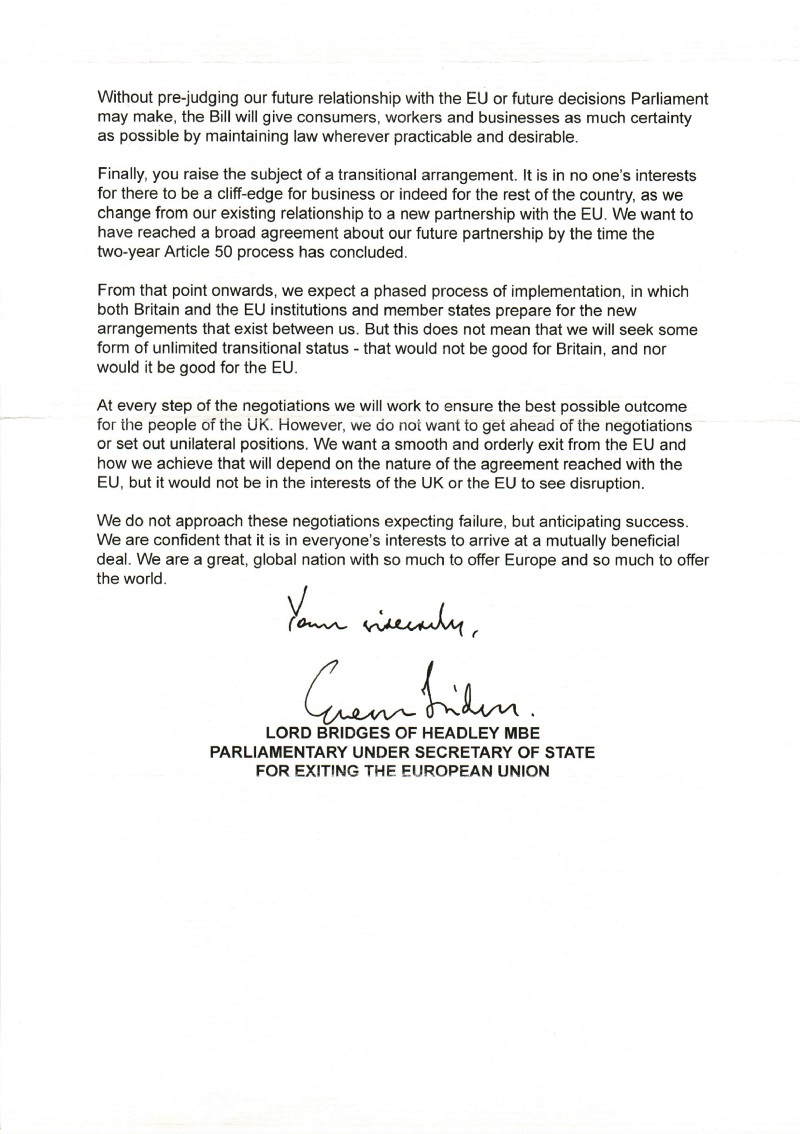Brexit is a fountain of bad ideas, but sometimes one pops out that is so strikingly stupid I can’t let it pass without comment. So went the appearance of David Davis at a select committee last month. You can watch the whole thing on the rather excellent parliamentlive.tv archive
http://www.parliamentlive.tv/Event/Index/a44440b6-2864-4e28-9150-518e1ddfa5bc
It was this session where David Davis was asked about what would happen if there was not a deal on the future relationship with the EU within the article 50 timeframe (the clock is ticking) and he rabbited on about how customs clearance is not a big deal as most consignments are cleared within 5 seconds. This is indeed true at the moment, because we are a member of the EU. It isn’t much of a mitigation strategy for not being a member of the EU. It sounded daft, so I checked the details and wrote to my MP.
Friday 17 March 2017
Dear Jeremy Hunt,
my quest to sell the house and get out of the country continues, but whilst I am still here, I note that David Davis said in the exiting the EU select committee on Wednesday that in the event that there is no deal with the EU there are mitigation strategies that could be put in place, one of which would be using and expanding the authorised economic operators scheme down to smaller companies.
in response to Q1383
This scheme is not going to be open to UK companies, it has a base in law under EU regulation 648/2005 and is an EU scheme for companies established in the customs territory of the Union:
“Who can become AEO
Any economic operator established in the customs territory of the Union who is part of the international supply chain and is involved in customs-related operations, may apply for the AEO status.”
On Brexit day our economic operators will not be established in the customs territory of the Union. Deal or no deal. It is plausible that we could set up our own scheme and ask for a mutual recognition deal, but it is flat out insane to say that a mitigation strategy of having no deal is to use one of the key benefits that we have that derives from our status as an EU member.
This is dangerously stupid, someone needs to provide some adult intervention here or we are going to have serious trade disruption and food shortages in our country.
Yours sincerely,
Alan Bell
and today he replied
Dear Mr Bell
Thank you for contacting me about the EU customs area.
You are right that the EU has established its Authorised Economic Status (AEO) concept. This means that the AEO status granted by one member state is recognised by customs authorities across the EU. Although the EU’s AEO concept is only open to countries in the EU customs union, the EU has already agreed the mutual recognition of AEO programmes with third party countries including Switzerland, Japan and the United States. This makes customs clearance easier and more efficient.
As I am sure you can appreciate, I would not want to pre-empt the negotiations by committing to precise details on future trading relationships. I can assure you, however, that the Government will be working to achieve the best possible deal for UK companies to trade with and operate within European markets.
Thank you again for taking the time to contact me.
Best wishes
Jeremy Hunt
So, this means that if we are going for a mutual recognition deal, they are expecting on day 1 of Brexit that the EU will fully recognise a completely untested significant IT system that doesn’t yet exist, and that we have no current plan to build as we are going to see what pops out of the negotiations first before specifying it. This is still in no way whatsoever a reply to the question about what happens in the event of “no deal”.


